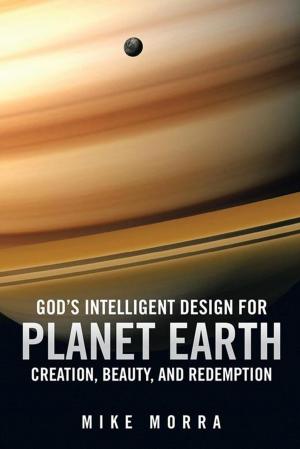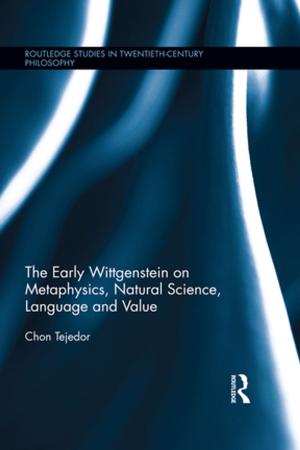Suffocating On Mount Improbable
Nonfiction, Science & Nature, Science, Biological Sciences, Evolution, Religion & Spirituality| Author: | Bud Stark | ISBN: | 9781311937667 |
| Publisher: | Bud Stark | Publication: | April 26, 2015 |
| Imprint: | Smashwords Edition | Language: | English |
| Author: | Bud Stark |
| ISBN: | 9781311937667 |
| Publisher: | Bud Stark |
| Publication: | April 26, 2015 |
| Imprint: | Smashwords Edition |
| Language: | English |
This book is an attempt to reestablish a hope that the universe is somehow directed, among students of evolution who have turned to atheism. To do that, one must confront Richard Dawkins of Oxford University. He holds the atheistic command in the battle between random biological evolution and biological directedness whom some call intelligent design. He holds the command but not the science. Dawkins is an atheist first, and a Neo-Darwinist second, for his atheism is a belief, a religion. Absent Darwin he is logically thrown back on an intelligently designed universe. His modus operandi for protecting his belief is to tear down religion. This he must do because his evolutionism is simplistically reasoned. Quite an accusation coming from someone who has no education in science. The first problem with Dawkins is that what he calls simple is complex beyond comprehension, as this book demonstrates. Moreover, it demonstrates it by what all science says and which Dawkins himself admits to. Given his turn, Dawkins asks theists questions as unanswerable as those confronting him: why would a good god design a world filled with evil. The stock answer for Abrahamic faiths is man’s fall and his exercising of freewill. But does the story of Eden thoroughly address the problem of justice? Was God just to condemn all of creation for all time because of the sin of our first parents? Is it possible that the Eden story was written by an inspired mythmaker for the purpose of conveying truth rather than historical fact? Could the story’s purpose be to simply describe the human condition as a search for why we exist and why we have concepts of good and evil, justice and injustice? This book argues that our greatest hope for a universe created for a purpose lies in the questions and their source rather than in the answers, which neither we do not have nor did the mythmaker it seems.
This book is an attempt to reestablish a hope that the universe is somehow directed, among students of evolution who have turned to atheism. To do that, one must confront Richard Dawkins of Oxford University. He holds the atheistic command in the battle between random biological evolution and biological directedness whom some call intelligent design. He holds the command but not the science. Dawkins is an atheist first, and a Neo-Darwinist second, for his atheism is a belief, a religion. Absent Darwin he is logically thrown back on an intelligently designed universe. His modus operandi for protecting his belief is to tear down religion. This he must do because his evolutionism is simplistically reasoned. Quite an accusation coming from someone who has no education in science. The first problem with Dawkins is that what he calls simple is complex beyond comprehension, as this book demonstrates. Moreover, it demonstrates it by what all science says and which Dawkins himself admits to. Given his turn, Dawkins asks theists questions as unanswerable as those confronting him: why would a good god design a world filled with evil. The stock answer for Abrahamic faiths is man’s fall and his exercising of freewill. But does the story of Eden thoroughly address the problem of justice? Was God just to condemn all of creation for all time because of the sin of our first parents? Is it possible that the Eden story was written by an inspired mythmaker for the purpose of conveying truth rather than historical fact? Could the story’s purpose be to simply describe the human condition as a search for why we exist and why we have concepts of good and evil, justice and injustice? This book argues that our greatest hope for a universe created for a purpose lies in the questions and their source rather than in the answers, which neither we do not have nor did the mythmaker it seems.















